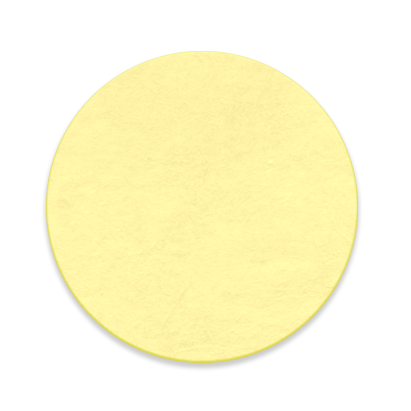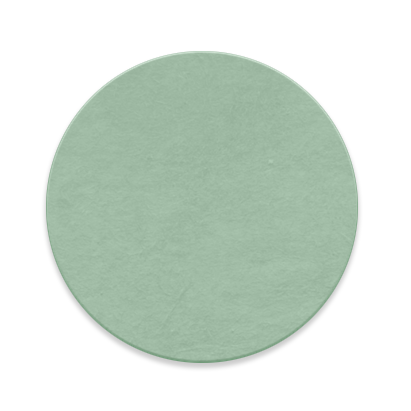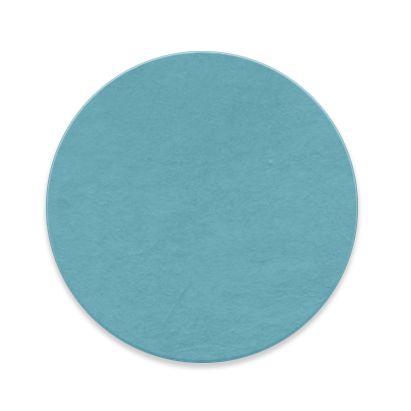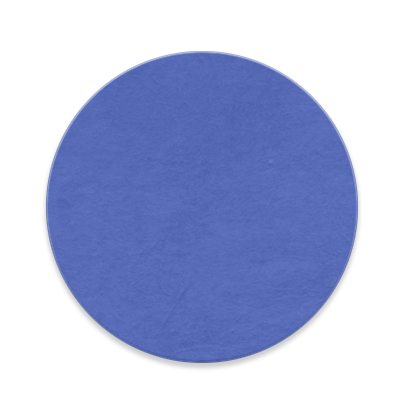
One Year Alert Combo
The One Year Alert Combo pack combines a year supply of Ammonia Alert® (1 card) and pH Alert® (1 card and 1 replacement sensor). Ammonia Alert® and pH Alert® are almost half the size of competing products. At 1.5" x 2.5", they are small, clear, and unobtrusive, so they won't detract from the view of your aquarium. Simply place Ammonia Alert® and pH Alert® visibly anywhere in the aquarium or filter. It’s that easy. No chemicals or test procedures are required.
Ammonia Alert
Ammonia Alert's® sensor changes reversibly from yellow to green to blue, relative to the ammonia concentration. It detects less than 0.05 mg/L (ppm) free ammonia and alerts you to the #1 killer before any sign of stress. The presence of the free ammonia is detectable continuously with a response time of about 15 minutes. Response to decreasing ammonia is slower, requiring about 4 hours to go from TOXIC to SAFE on removal of ammonia. Marine or freshwater use.
pH Alert
pH Alert® is a unique color device designed to be placed in the aquarium or filter and monitor pH continuously. A sensor changes color reversibly from yellow to orange to red alerting you to shifts in pH levels between 5.4 and 8.0. When first put in service, pH Alert® response time will be about 30 minutes. Thereafter, pH shifts will register within ten minutes. Freshwater use only.
Ammonia Alert
Interpretation
 |
Safe | <0.02 mg/L | Safe |
 |
Alert | 0.05 mg/L | Tolerated for several days |
 |
Alarm | 0.2 mg/L | Tolerated for a few days |
 |
Toxic | 0.5 mg/L | Rapidly harmful For emergency ammonia removal, treat with AmGuard™ |
Care
No care is required beyond removing algae with a clean, soft material. Avoid touching the sensor with fingers, since skin oils can damage it. Do not use bleach, soap, detergents or hard objects to clean the sensor. Some dye medications may discolor the sensor. Sensitivity improves with age, provided the unit is not allowed to dry out, however, drying does not permanently impair the unit. For maximum sensitivity, the unit should be read under natural daylight or daylight simulating light. Red enhancing light minimizes green and blue hues, decreasing the apparent sensitivity of the unit. The response of the unit may be checked by holding it briefly over the mouth of an ammonia bottle: color should develop rapidly.
pH Alert
Care
No care is required beyond removing algae with a clean, soft material. Do not use bleach, soap, detergents or hard objects to clean the sensor. Some dye medications may discolor the sensor. For maximum sensitivity, the unit should be read under natural daylight or daylight simulating light.
Replacing the Sensor
Sensor exhaustion is indicated by a visible fading or washing out of sensor color. Once the sensor is exhausted, peel off adhesive backing of the included replacement sensor and apply to pH Alert®. Avoid touching the sensor with fingers, since skin oils can damage it. Tweezers are recommended if possible.
